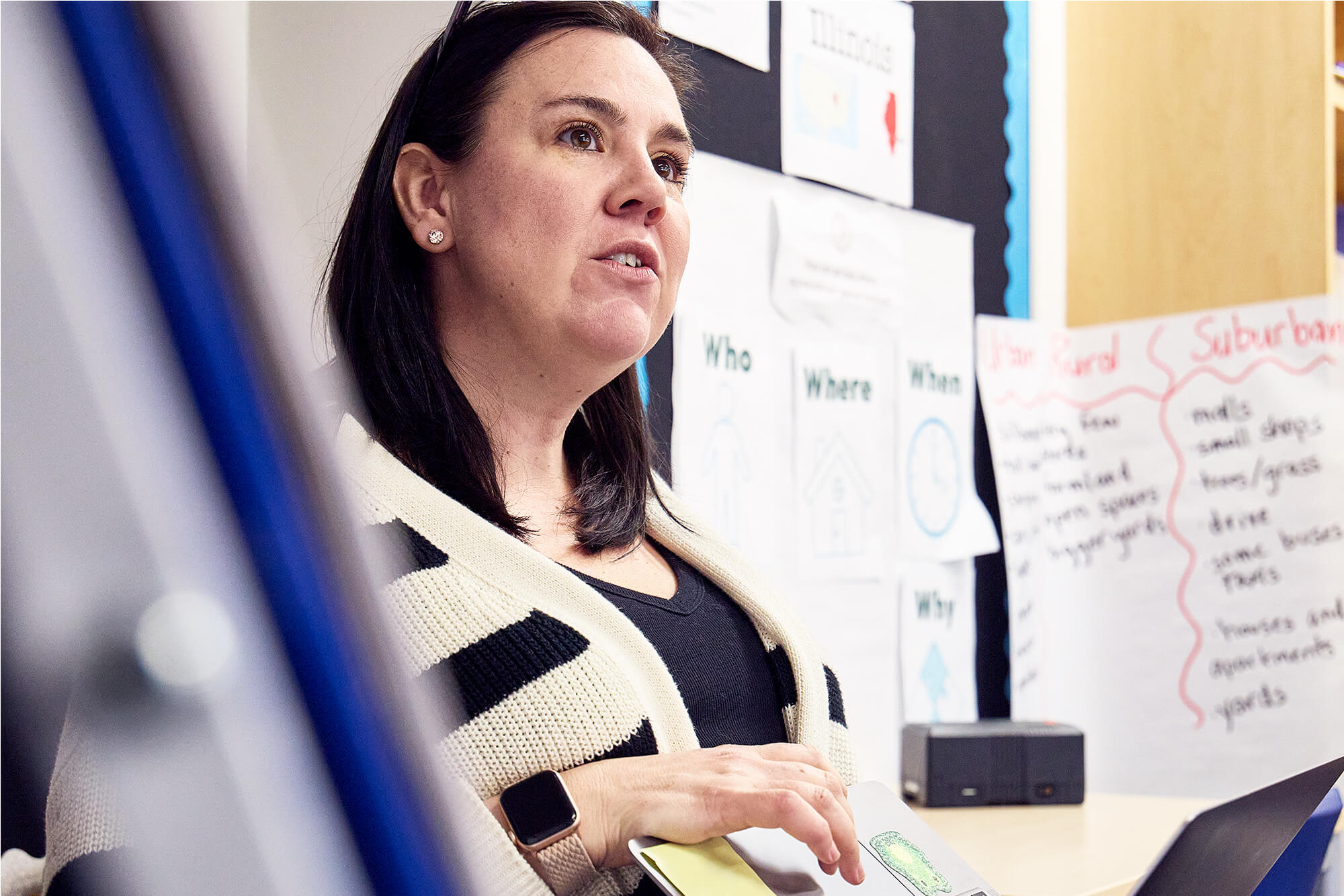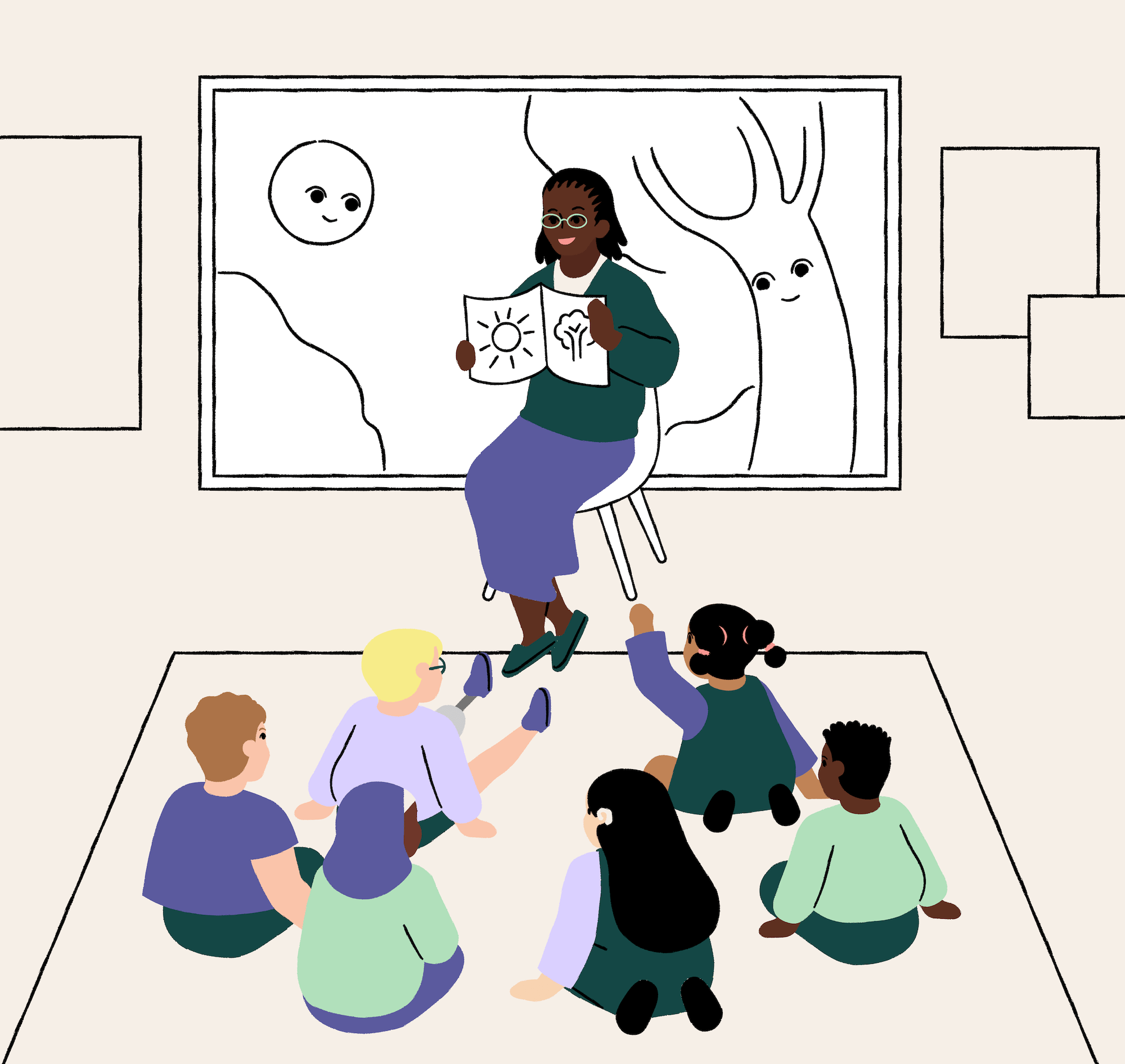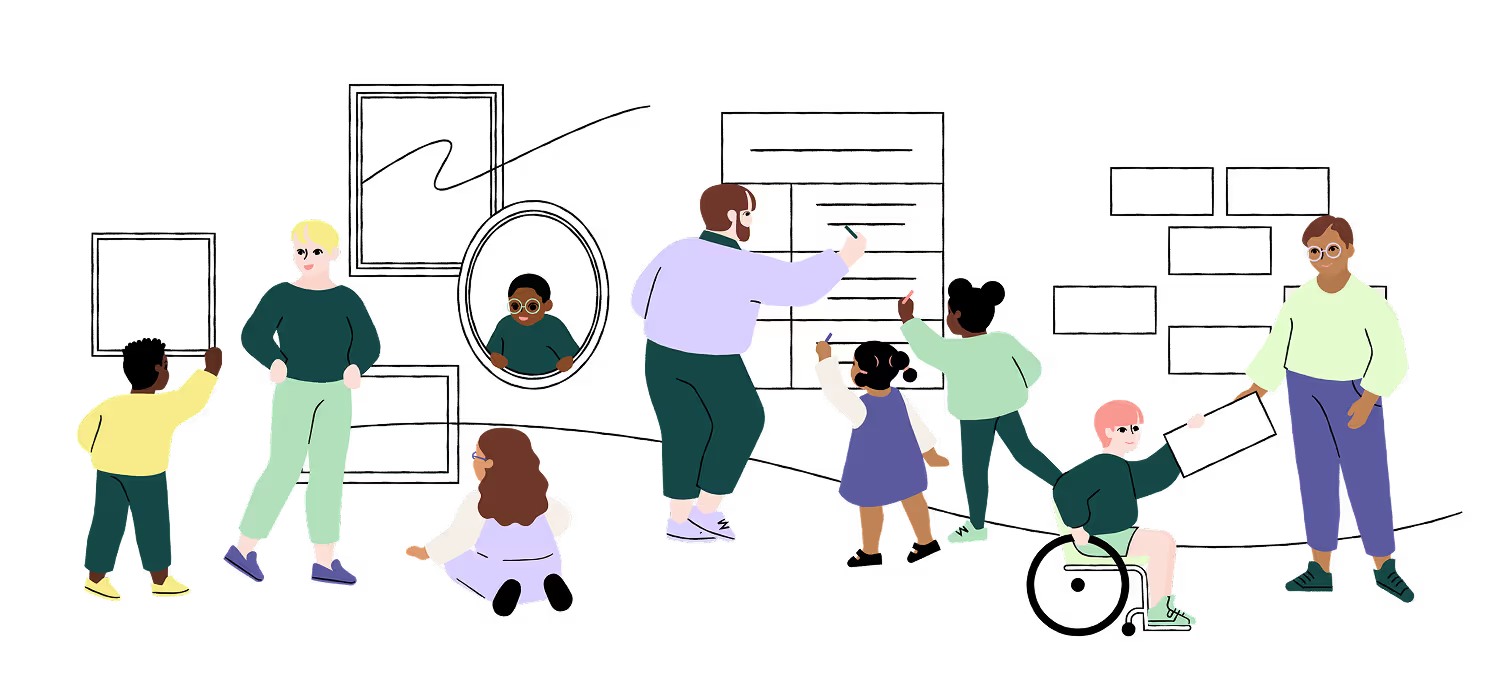inquirED Blog
Your source for inquiry-based learning and teaching strategies.
All blog posts
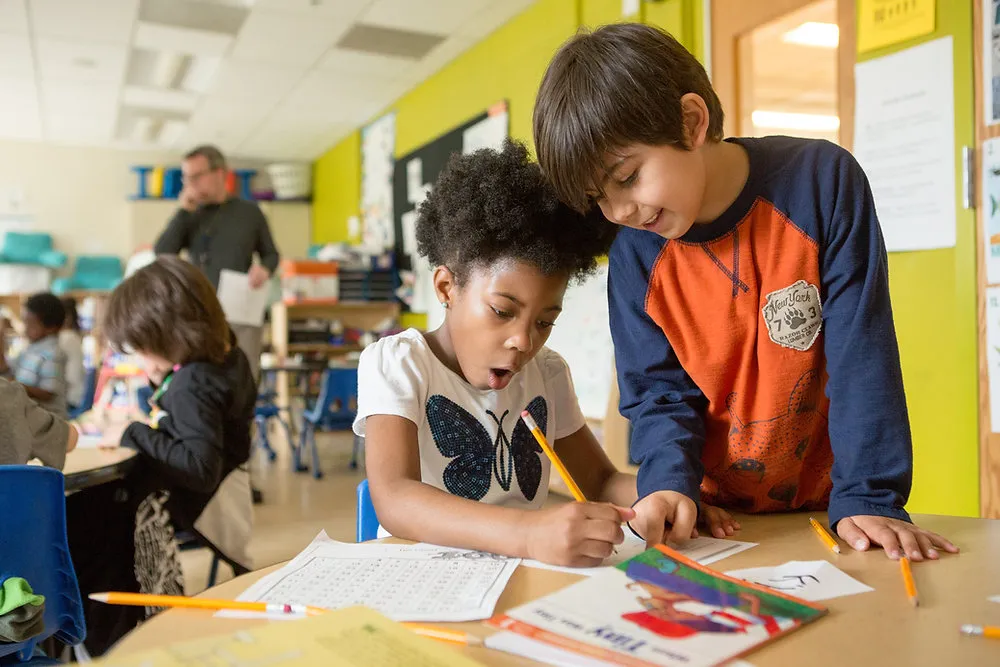
Elementary Social Studies
Inquiry Journeys: Literacy Practices and Supports
Explore how integrating social studies with literacy boosts reading outcomes and supports CCSS-ELA, with practices embedded in inquirED’s Inquiry Journeys curriculum.


upcoming webinar
Free Resource
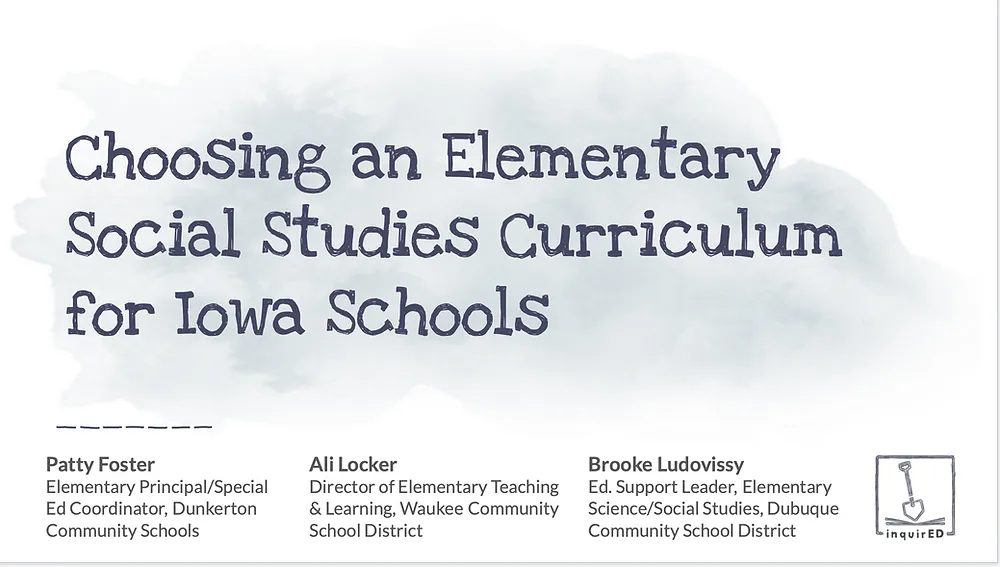
Webinars
Choosing an Elementary Social Studies Curriculum for Iowa Schools
This webinar explores how three districts in Iowa are prioritizing social studies aligned to the Iowa Core Standards in Social Studies.


upcoming webinar
Free Resource
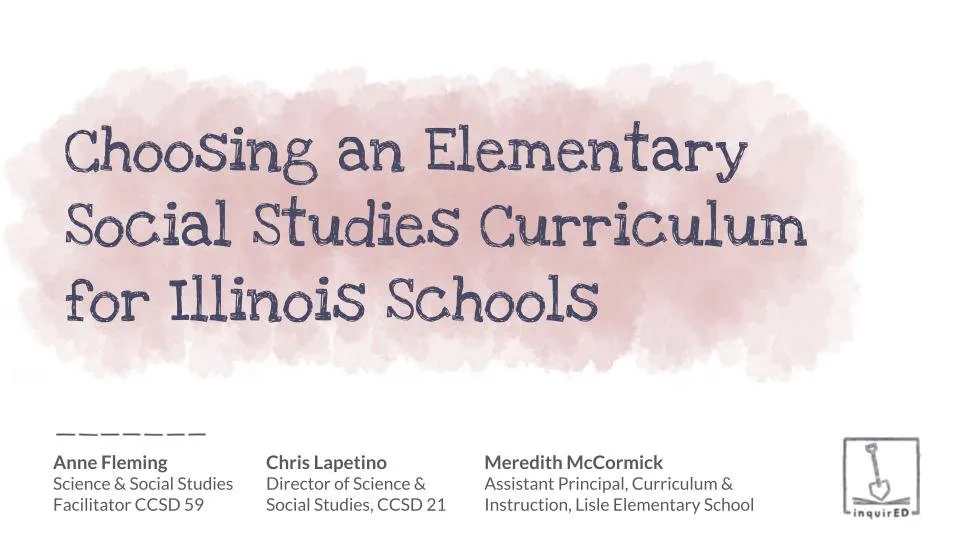
Webinars
Choosing an Elementary Social Studies Curriculum for Illinois Schools
Learn how Illinois district leaders are aligning elementary social studies to state standards, selecting inquiry-based curricula, and revitalizing classroom instruction.


upcoming webinar
Free Resource

Webinars
Un-level That Text! Integrating Literacy and Elementary Social Studies
If we want students to seek answers to complex questions, conduct sustained investigations, and construct conclusions based on facts and evidence, then they’ll need to develop their literacy skills so they can wrestle with complex texts. We were joined on our webinar today by Jillian Corr, Senior Learning Experience Designer at inquirED, to dig into strategies to help students when they encounter complex texts in social studies.


upcoming webinar
Free Resource
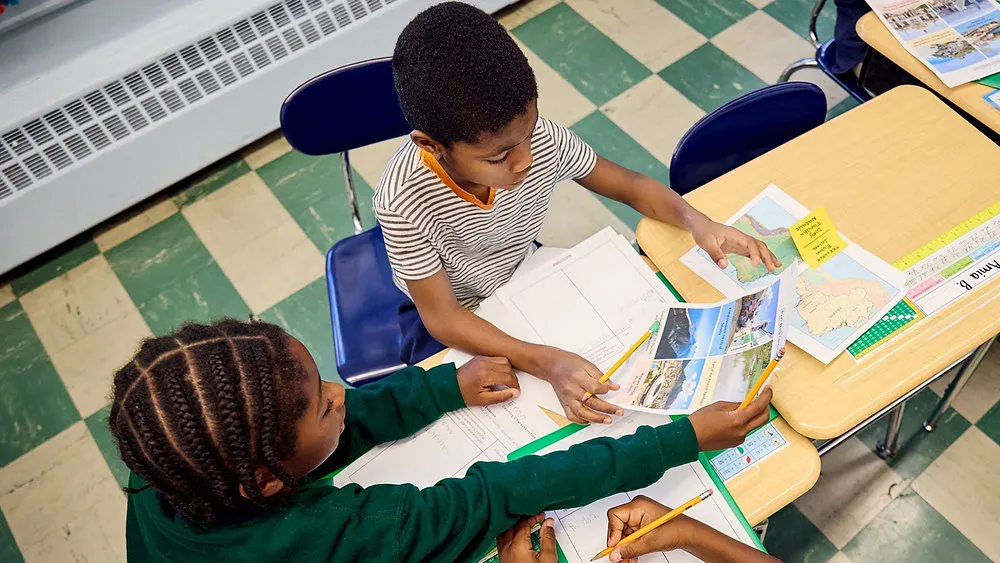
Elementary Social Studies
What is Inquiry-Based Social Studies?
No matter your entry point – we’ve created & curated information to help you build your knowledge of inquiry-based social studies!


upcoming webinar
Free Resource
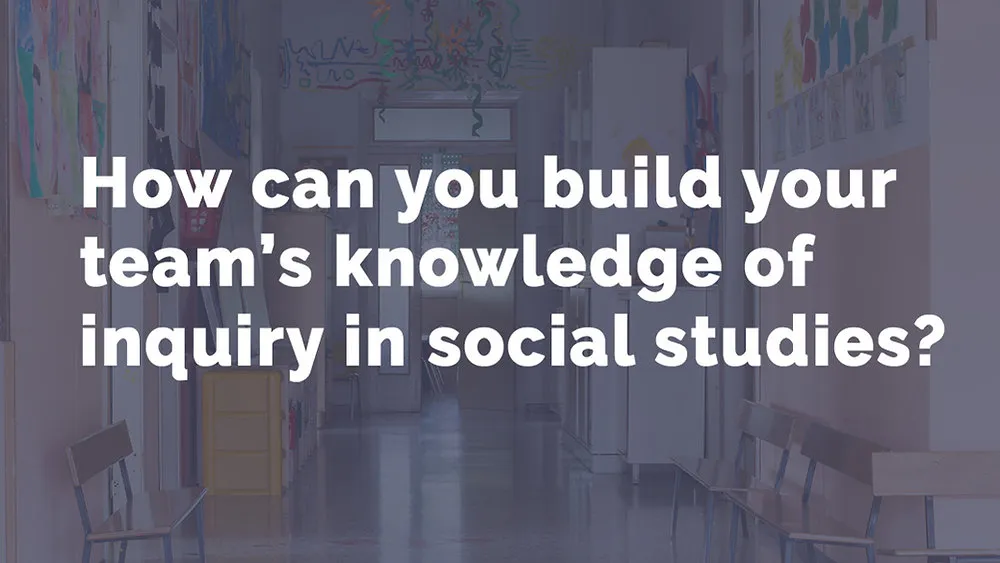
Elementary Social Studies
Build Your Knowledge Base in Inquiry-Based Social Studies
Build your team's understanding of inquiry-based social studies with curated blogs, slides, and videos that highlight the shift from traditional to student-centered instruction.


upcoming webinar
Free Resource
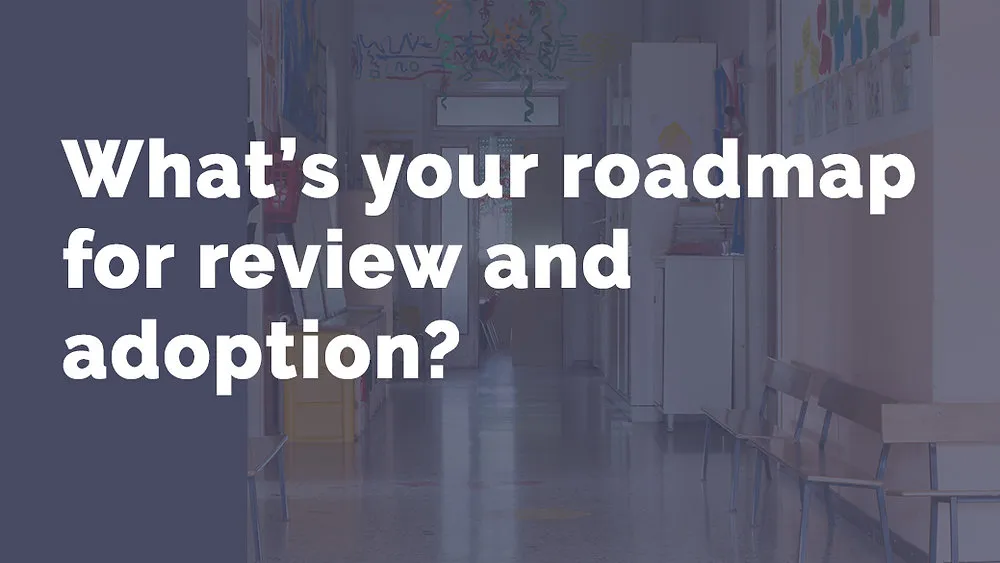
Elementary Social Studies
Creating a Roadmap for Social Studies Curriculum Review and Adoption
Plan an effective social studies curriculum review by identifying key stakeholders, setting milestones, and allocating resources for piloting and decision-making.


upcoming webinar
Free Resource

Webinars
Implementing Elementary Social Studies: Best Practices from District Leaders
In today’s webinar, we took an in-depth look at the most effective ways to roll out a new elementary social studies curriculum.


upcoming webinar
Free Resource
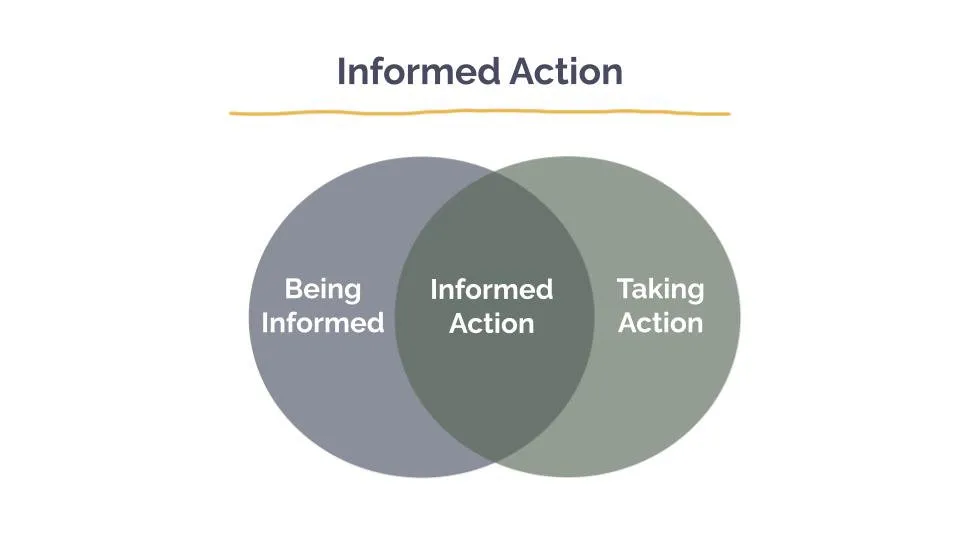
Webinars
Examples of Informed Action in Social Studies
Informed action projects are a great way to get connect students learning to the real world in inquiry-based social studies. We talked with three teachers about the informed actions their students did in their classrooms using inquirED's Inquiry Journeys curriculum.


upcoming webinar
Free Resource
No results found.
There are no results with this criteria. Try changing your search.


Take a closer look at Inquiry Journeys
Inquiry Journeys (K–5 social studies curriculum) provides inquiry-based instruction for young learners through hands-on investigations and primary source analysis. Explore how elementary students build knowledge and skills by asking questions, analyzing evidence, and connecting learning to their lives and communities.


